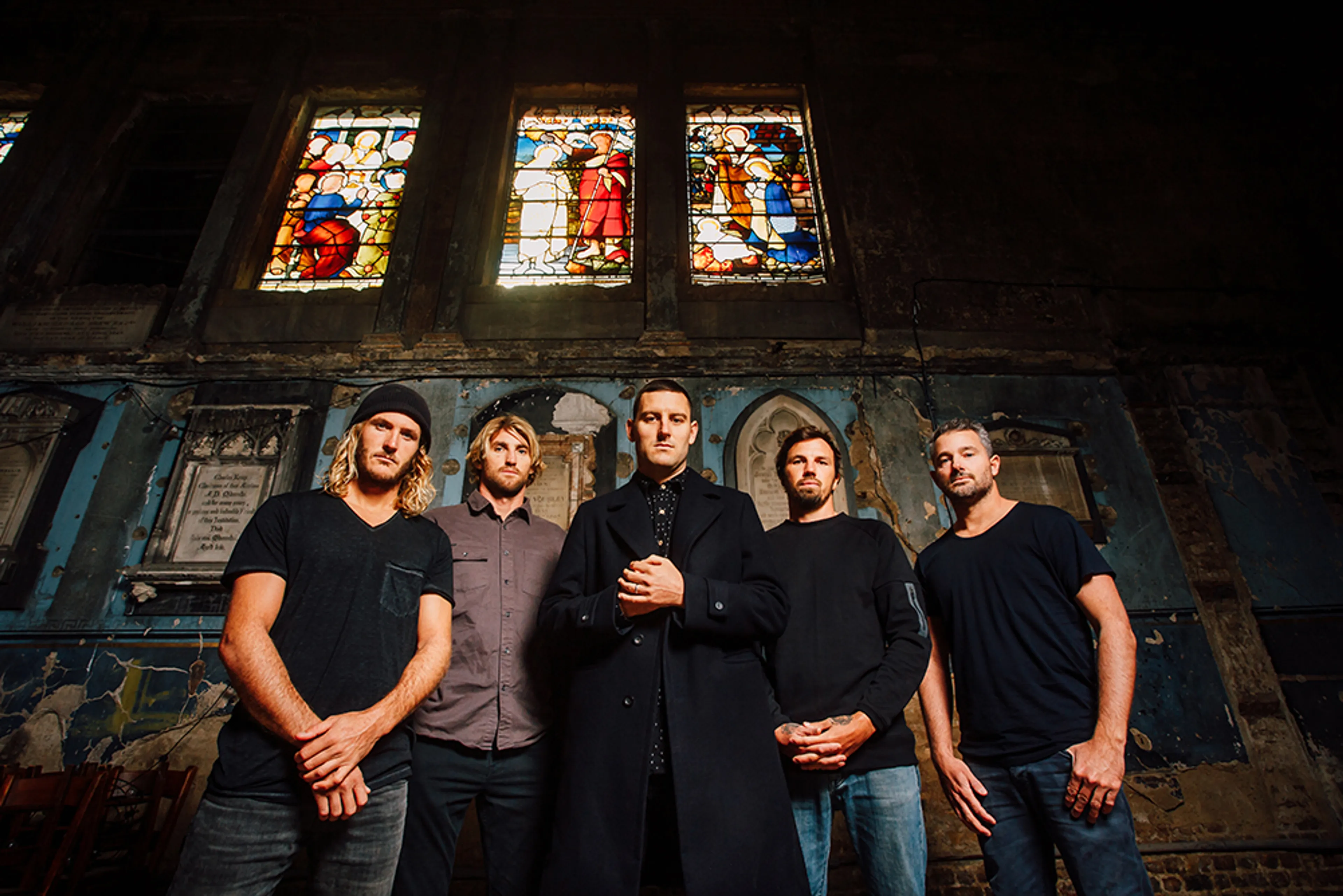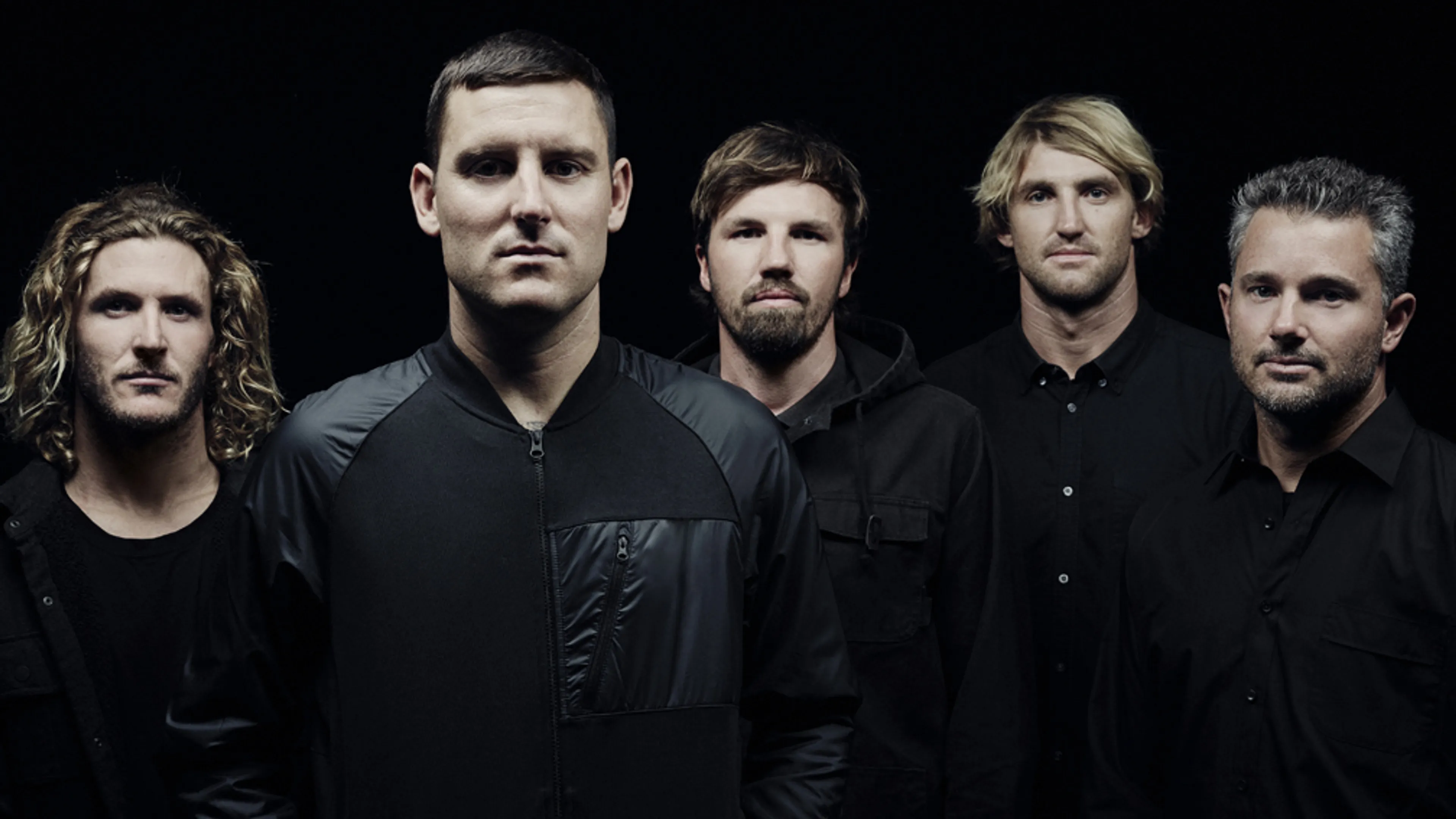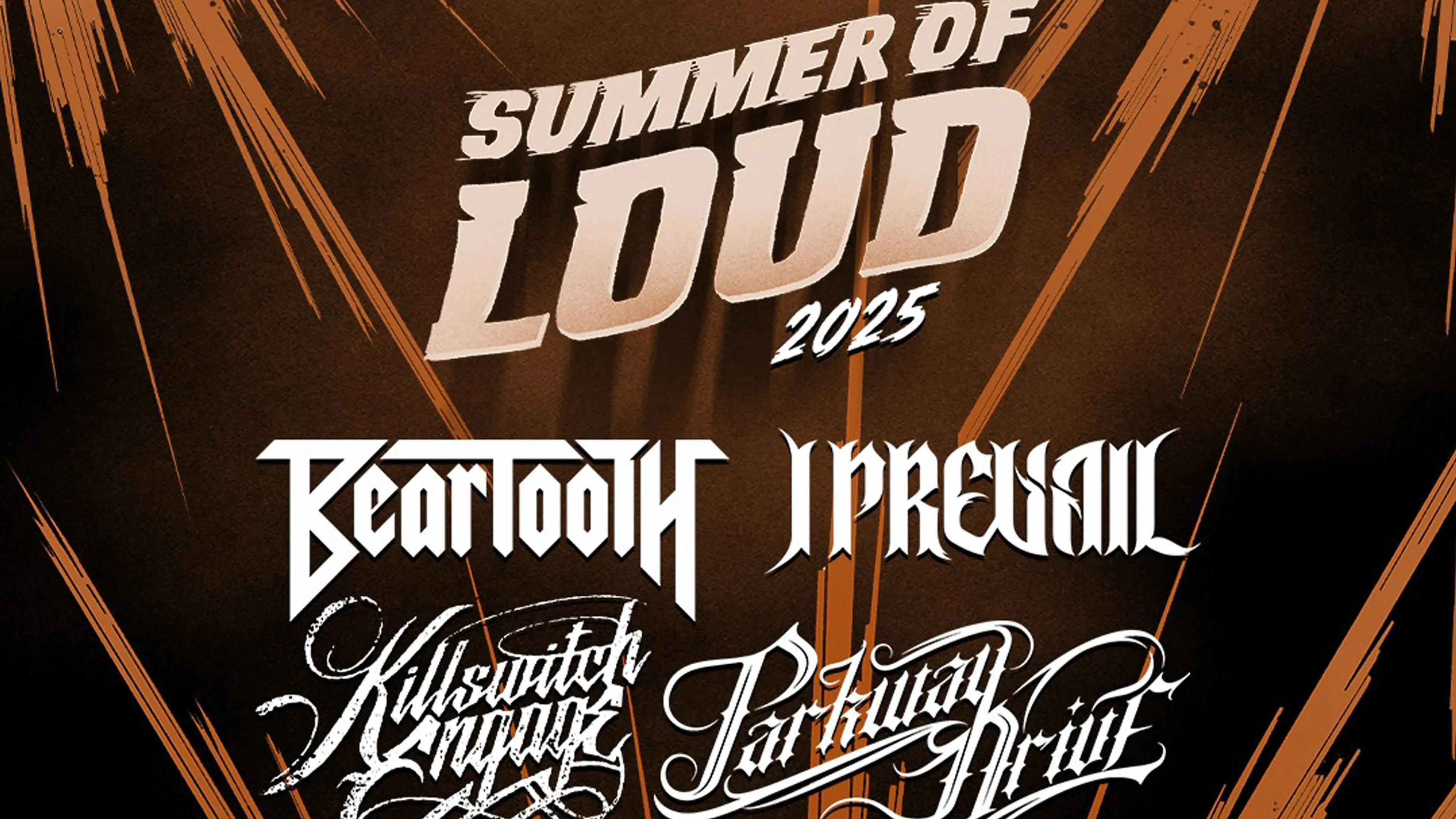“The lyrics were written the same day that my dog passed away – I wrote them literally before digging his grave, which was fucking horrible. Him passing away was the first friend I’d lost, and it was absolutely heartbreaking. I wrote some words because I was like, ‘That’s what I do, I write words.’ And then when Tom passed away I wrote a bunch of other words. It came before a lot of other songs, but I was like, ‘This is the way the record ends. I don’t know if this is a song, or poetry, or what it is, but this is what I want people to be left with. I want them to be left with a very stark statement that this is not Parkway’s usual thing, this is not something that’s to be taken lightly.’ When it finishes you don’t know how to feel because you haven’t been led down the path that you were expecting. Because that’s how we felt, we’ve been taken to these places which we never thought we’d have to confront, and that’s what we were left with.
“There was a huge lead up into me singing it, I was like, ‘I just want the producer in there, everyone else leave, because I don’t know how this is gonna work.’ And it was so traumatic singing that song. That was the only song we didn’t demo and when I finally tried to sing it in the studio a couple of nights before, I broke down. The amount of takes of that track were minimal, because I didn’t want the album to end with me blubbering in grief. But at the same time, the words were written to have an impact on me, and when it came to sing them I was floored.
“We bought the strings in for Shadow Boxing and Cemetery Bloom and realised the impact they have emotionally – the way that they tap into emotions is insane. So we started tracking strings for it, and I was like, ‘Fuck yeah!’ And then it ends with the same chords you hear at the start. The album literally loops around on itself. If you listen and play straight through onto Wishing Wells, they flow straight into each other, and you hear the same wind and the same crows. I expected there to be disconnect after this amount of time, but that song still wrecks me.”
Words: Jennyfer J. Walker
Parkway Drive's Reverence is available now through Epitaph. The band are on tour in the UK from next week.









